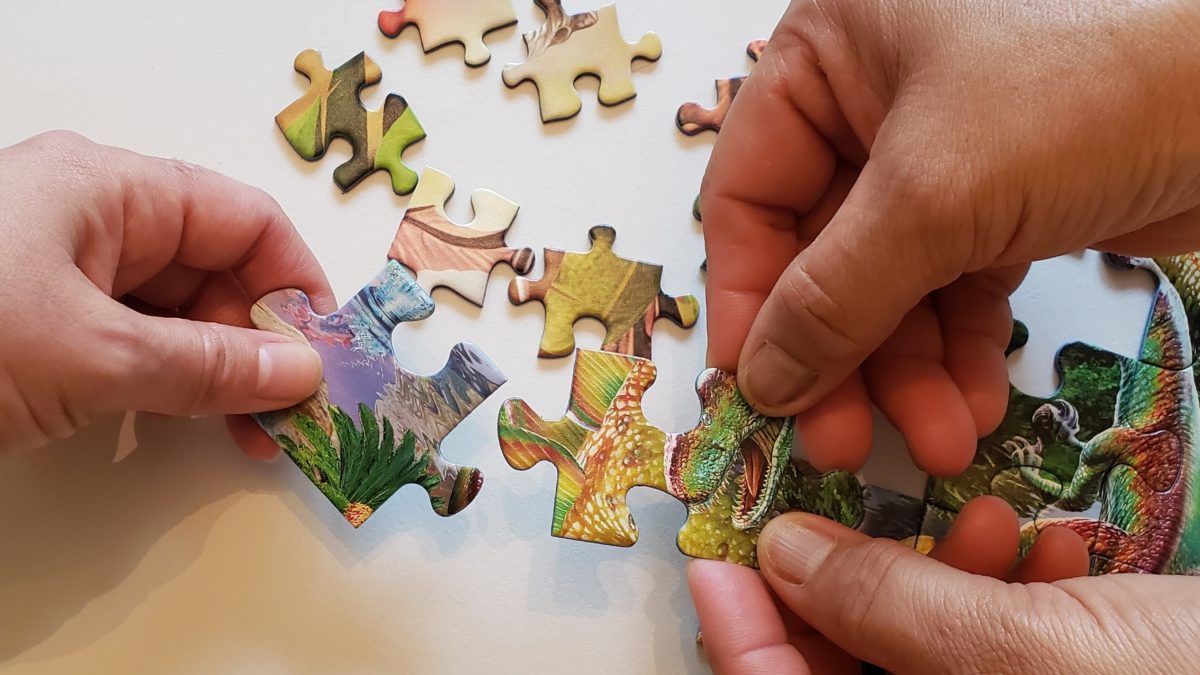You Too Are Responsible: Own Your Part

At WorkModern, Michelle and I focus on greater team effectiveness and resilience. There are many factors that can help teams rise to greatness or sink towards toxicity, such as: levels of trust, effective communication, accountability, and commitment to name a few. While all of these are important, we believe the single most impactful element is the willingness for team members to own their part of the relationship dynamic.
What Does It Mean To “Own Your Part”?
Human beings are complex. In any given moment there are multiple intentions, goals, expectations, fears, and needs at play. When in relationship with others (which is every moment that we’re awake), these elements are alive and operating under the surface; so, while a behaviour can appear outwardly simple, there is usually more to it than meets the eye. When we perceive someone else to be at fault, incompetent, frustrating, overbearing, etc, it can be easy to look only in their direction and not acknowledge the multitude of dynamics that we contribute.
Why is it so difficult?
Your nervous system is always a nanosecond away from waking up as it’s constantly scanning for danger. So while your brain may not consciously register the following three fears, your nervous system knows otherwise.
Fear of Rejection
We are social animals and belonging is a deep human need, critical for our sense of self and our survival. We don’t want to lose our place in the pack. We may fear that owning our part in a breakdown might turn others against us and that would be very difficult to tolerate.
Fear of Uncertainty
Having a sense of control in an uncertain world can feel like a lifeline – we like to know what’s happening and what we can expect. Taking responsibility for our part of the dynamic is full of uncertainty since we don’t know how the other person will respond and what will happen if the current state dissolves – where will that leave us? Maintaining the status quo, as uncomfortable as it may be, could feel safer.
Fear of Looking Foolish
Acknowledging to another person that we may have in some way contributed to the current reality can feel vulnerable. Vulnerability can be quite scary, especially if we equate it with appearing weak, flawed, and perhaps a failure. We may believe that holding onto the cover of being right will keep us safe.

Tamar partners with leaders and teams committed to growing their leadership capacity and impact. She has extensive experience with clients from the private, non-profit, and public sectors, and has worked with clients from a variety of industries including healthcare, education, finance, communications, marketing/sales, and media. Read more about Tamar

